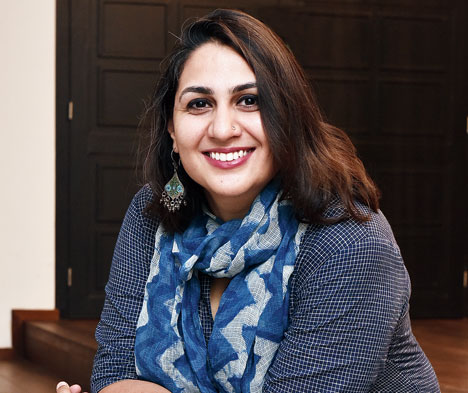
Delhi-based film researcher and documentary filmmaker Shilpi Gulati’s latest project, Taala Te Kunjee/Lock & Key, was screened at the Goethe-Institut, Max Mueller Bhavan on June 20, as a part of the institute’s Docu-Forum programme — a platform for cross-cultural dialogue for documentary film-makers from Germany and India.
The film narrates the stories of five recovering addicts, formerly admitted at the Hermitage De-Addiction and Pain Relief Centre in Amritsar, in order to throw light on the addiction problem that has been plaguing Punjab.
“I had been approached by the Hermitage Centre back in 2015, with the hopes of collaborating on a cinematic project.
After six months of research, I was finally certain about the story that I wanted to tell. It’s not a macro perspective on the drug epidemic plaguing Punjab but focuses on the lives and stories of five ordinary individuals instead,” Shilpi told t2.

The film, co-produced by recent medical school graduate Dr Simardeep Singh, revolves around five individuals — Jasbir, Nitin, Gurpratap, Amandeep and Tejinder — and their struggles to restructure their lives and familial relationships, during and after rehabilitation. The narrative is poignant and deeply personal, retrospective in parts as the people in the film look back upon times of difficulty gone by.
A post-graduate from the Tata Institute of Social Sciences, Shilpi is currently pursuing her PhD at the School of Arts and Aesthetics, Jawaharlal Nehru University. Her body of work primarily focuses on issues of gender and oral histories of communities in India. A keen follower of the works of Anand Patwardhan, Dibakar Banerjee and Anurag Kashyap, Shilpi believes that every filmmaker should make a conscious effort to engage in political dialogue.
“Have a point of a view, along with the courage to say what you want to say. Never think of documentaries as the ‘inferior cousin’ to mainstream cinema, and remember that research will always be the backbone of your film,” is Shilpi’s advice for aspiring documentary filmmakers.











